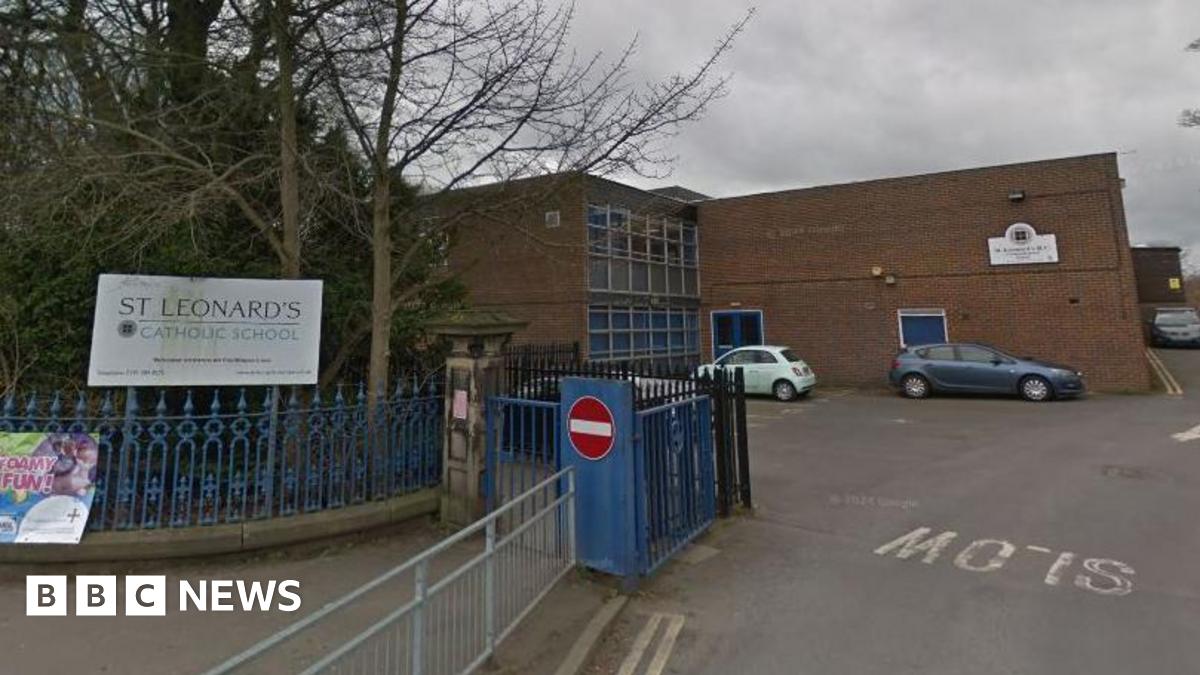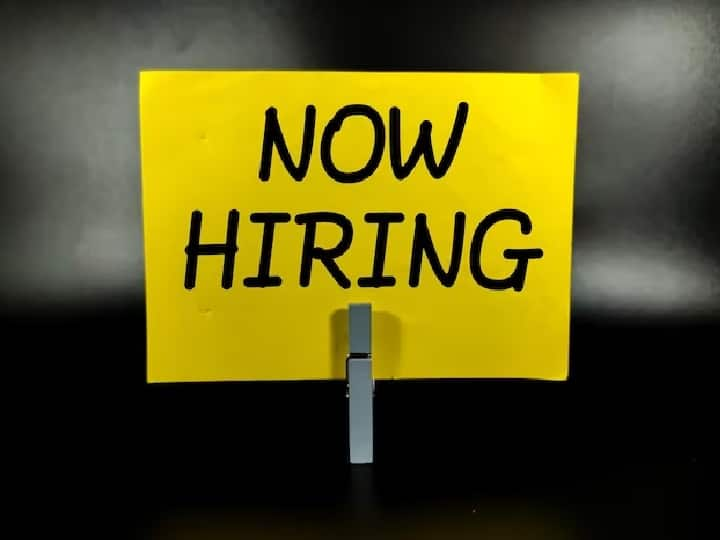Fed Rate Hike: How Will It Impact Your Wallet?

The Federal Reserve's recent decision on interest rates has sent ripples through the financial world. But what does it *really* mean for you, the average consumer? Understanding the Fed's actions and their potential impact on your finances is crucial, whether you're saving for a down payment, managing debt, or simply trying to make your money stretch further.
Decoding the Fed's Decision
The Federal Reserve (the Fed) is the central bank of the United States. One of its primary responsibilities is to manage monetary policy, largely through adjusting the federal funds rate – the target rate that banks charge each other for overnight lending. When the Fed raises rates, it becomes more expensive for banks to borrow money, which in turn affects borrowing costs for consumers and businesses.
Impact on Key Financial Areas
Let's break down how the Fed’s latest move is likely to affect various aspects of your financial life:
1. Credit Cards: Expect Higher Interest Charges
Most credit card interest rates are variable, meaning they're tied to the prime rate, which moves in tandem with the federal funds rate. A rate hike will almost certainly lead to higher interest charges on your credit card balances. If you carry a balance, this could significantly increase the amount you pay in interest each month. Tip: Consider paying down your credit card debt as quickly as possible to minimize the impact of rising rates.
2. Auto Loans: Rates on the Rise
Similar to credit cards, auto loan rates are also susceptible to Fed rate adjustments. New car loans are likely to see an increase in interest rates, making it more expensive to finance a vehicle. If you're in the market for a new car, now might be a good time to shop around and secure a loan before rates climb further.
3. Mortgages: A More Complex Picture
Mortgage rates are influenced by a variety of factors, including inflation expectations and the overall economic outlook. While the Fed’s actions do play a role, the impact isn't always direct. Fixed-rate mortgages are less immediately affected by Fed rate changes, but adjustable-rate mortgages (ARMs) will see their rates adjust more quickly. If you’re considering a mortgage, carefully weigh the pros and cons of fixed versus adjustable rates.
4. Savings Accounts & CDs: A Potential Boost
On the positive side, higher interest rates can be beneficial for savers. Banks are more likely to offer higher interest rates on savings accounts and certificates of deposit (CDs) to attract deposits. This means you could earn more on your savings. Tip: Shop around for the best rates – banks aren’t required to raise rates uniformly.
5. Student Loans: Limited Immediate Impact
Federal student loan interest rates are fixed and set by Congress, so they won't be directly affected by the Fed's rate decisions. However, private student loan rates may increase, especially for variable-rate loans.
Navigating the Changing Financial Landscape
The Fed's rate decisions are a key factor in the broader economic picture. While higher rates can present challenges for borrowers, they also offer opportunities for savers. By understanding how these changes impact your finances, you can make informed decisions and adjust your financial strategy accordingly. Stay informed, review your budget, and consider seeking advice from a financial professional to help you navigate these evolving economic conditions.






